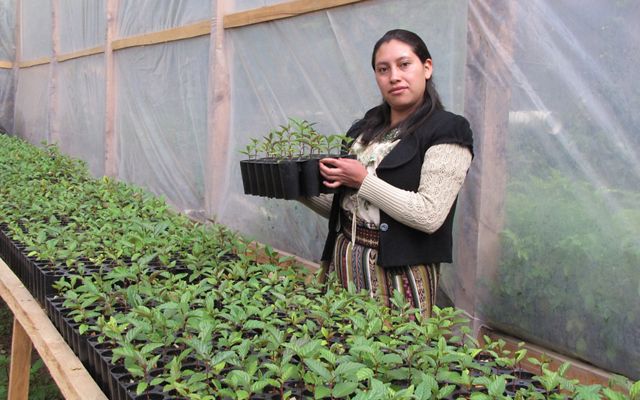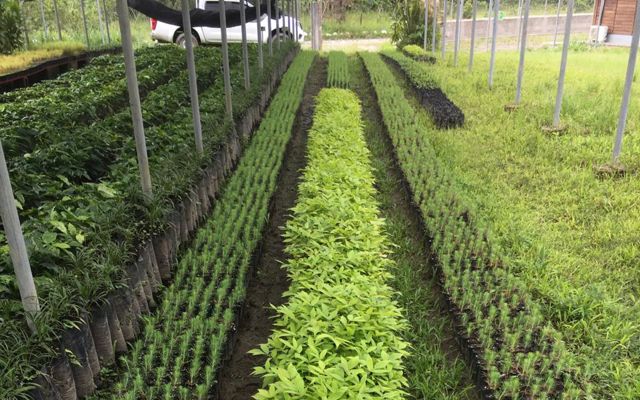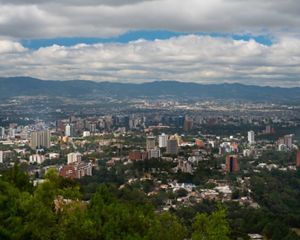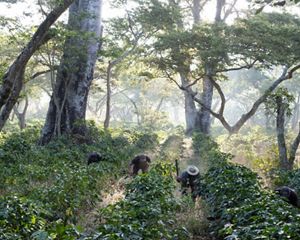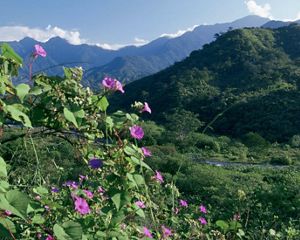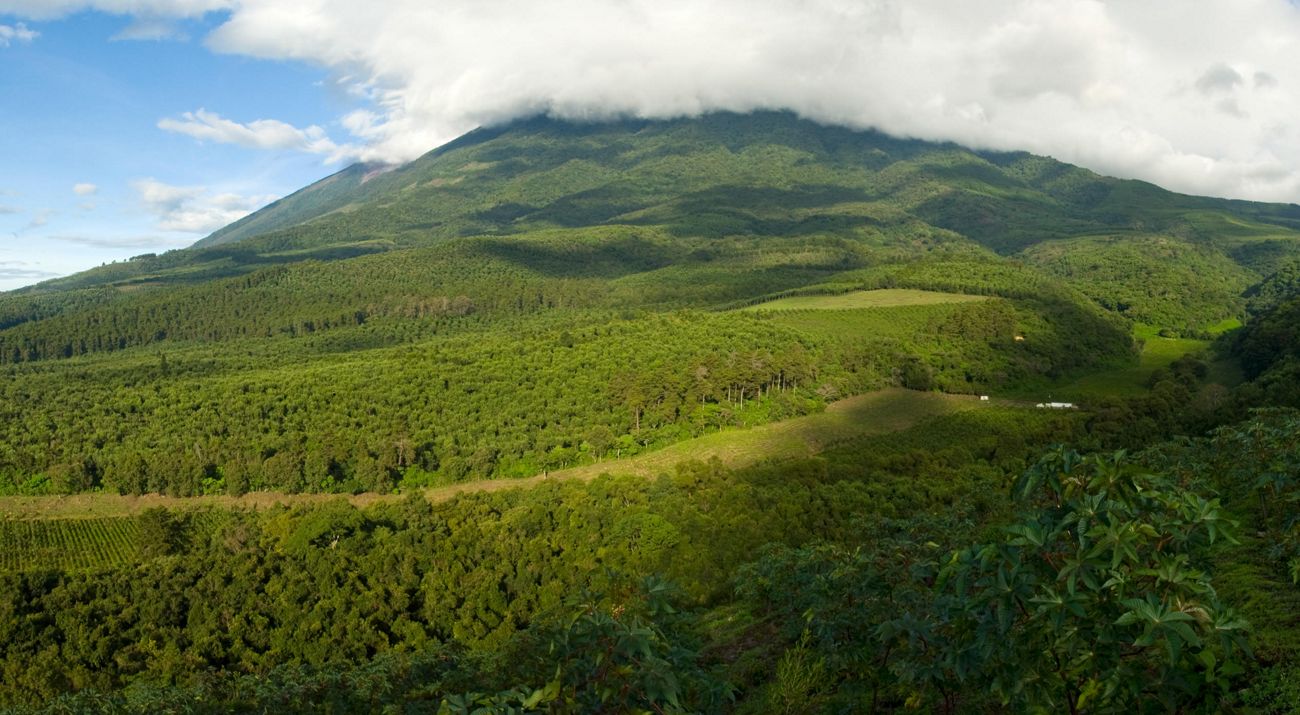
Guatemala’s Western Highlands is a region known for its unique and dramatic beauty, characterized by steep mountains and volcanoes, high-altitude forests, and cascading streams. This vast territory of over 2 million hectares abounds in natural treasures and generates immense benefits for local communities and populations well beyond its reach. Today the region produces approximately half of Guatemala’s staple grains, coffee, fruits, and vegetables.
In the Western Highlands of Guatemala, effective conservation entails working alongside its communities to find win-win solutions for nature and people. The Nature Conservancy has gathered the best of science and traditional knowledge to identify ways in which rural livelihoods and forests not only coexist harmoniously but also build mutual strength and resilience.
Today, productive reforestation is becoming a driver of sustainability throughout the Western Highlands of Guatemala. Instead of clearing forests to produce food, our strategy integrates native forests and farms. TNc has found that by strategically planting local tree species within small coffee plots, we can increase the value of shade-grown coffee in green and certified markets. The organic matter that falls from trees also enriches the soil, resulting in improved water infiltration and soil retention, increased productivity, and greater resilience.
Planting Trees in Guatemala Explore the map by clicking on locations to learn more about our planting sites.


